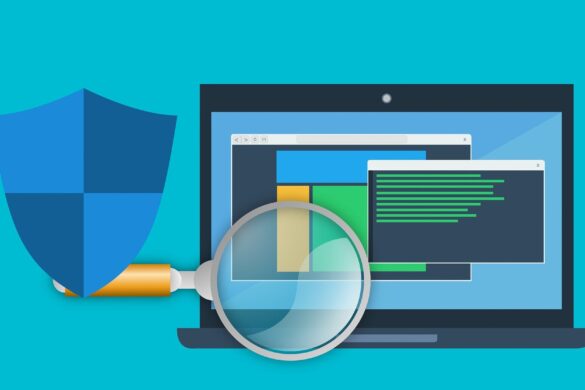
No matter the reasoning behind your time online, it is important to be safe when you head on over to the Internet.
Unfortunately, some people do not practice safety when online. As a result, they can end up being the victims of identity theft and worse.
With that in mind, why and when do you need to use some commonsense when on the Internet?
Be Smart When Shopping on the Internet
It is no surprise that countless people are online at any given time.
Datareportal.com noted there were some 288 million folks using the Internet nationwide as of early 2020. That said odds are you were one of them.
When online, it is important to keep in mind the following:
1. Guard your personal info – Chances are good you will do some online shopping from time to time. While it is convenient and you can often even come across some deals, be smart with giving out your info. If you buy groceries, gaming accessories for video gaming, items for trips and more, be smart. That means you are careful when providing any personal info. Do your best to be sure you are on a secure website. Since you will need to provide credit card info when buying goods or services online; guard such info. Only provide what is necessary and nothing more. If something seems out of whack with a website when shopping online, don’t move forward with a sale.
2. Protect your young children – When you have young children, it is good to make their safety at top priority. That said you want to teach them from an early age on to be safe online. Drive home the fact to them that they should never talk to strangers. In the event a stranger tries to make conversation with them online, tell your child to avoid it. Unfortunately, some kids do fall victim to online predators. It is also key your child does not give out any personal info when online. That means things like where they live, what school they attend and so on. You can also consider monitoring what your child does when on the Internet. Without being too smothering, know what sites they tend to visit and the like. This will better protect them and make you a little less nervous about them accessing the web.
3. Be smart about what you say and post – Finally, be smart when it comes to what you say and post when online. As an example, trashing a current or former employer is not in your best interests. Doing so can make it difficult to keep your current job or find another one down the line. Know that many businesses check social media profiles of current and prospective employees. If found to be saying something bad, posting negative imagery and more; it could lead to trouble. Doing an Internet search of your online reputation can also be a smart move. See if your name is connected to any negative someone could easily come across online.
When spending time online, be smart about it and lessen the chances of regretting you signed on.








